Insight into benzene formation could help development of cleaner combustion engines
Green Car Congress
JUNE 10, 2021
The researchers say that their findings, recently published in an open-access paper in the journal Science Advances , are key to understanding how the universe evolved with the growth of carbon compounds. That insight could also help the car industry make cleaner combustion engines. This work was supported by the DOE Office of Science.

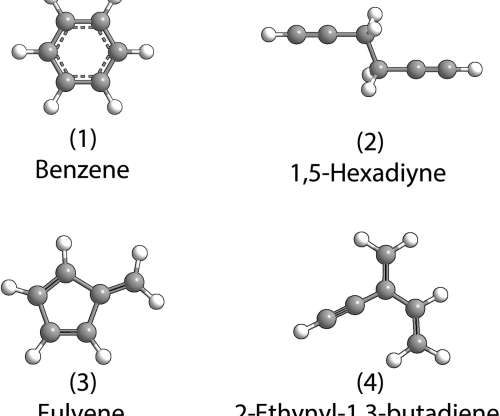

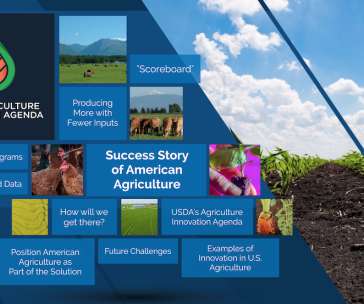


















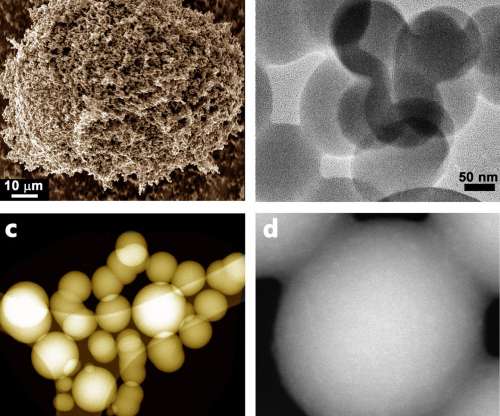




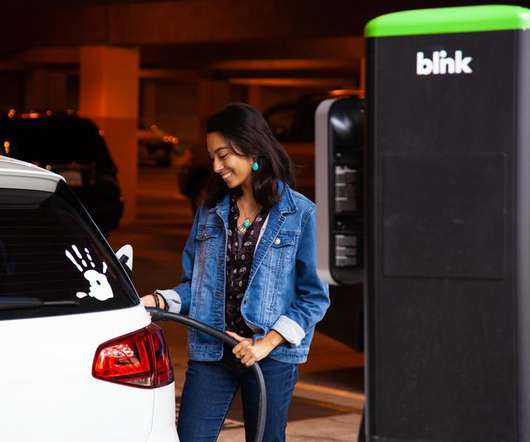





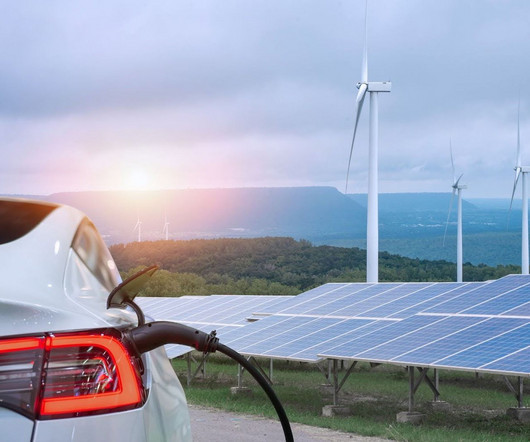








Let's personalize your content